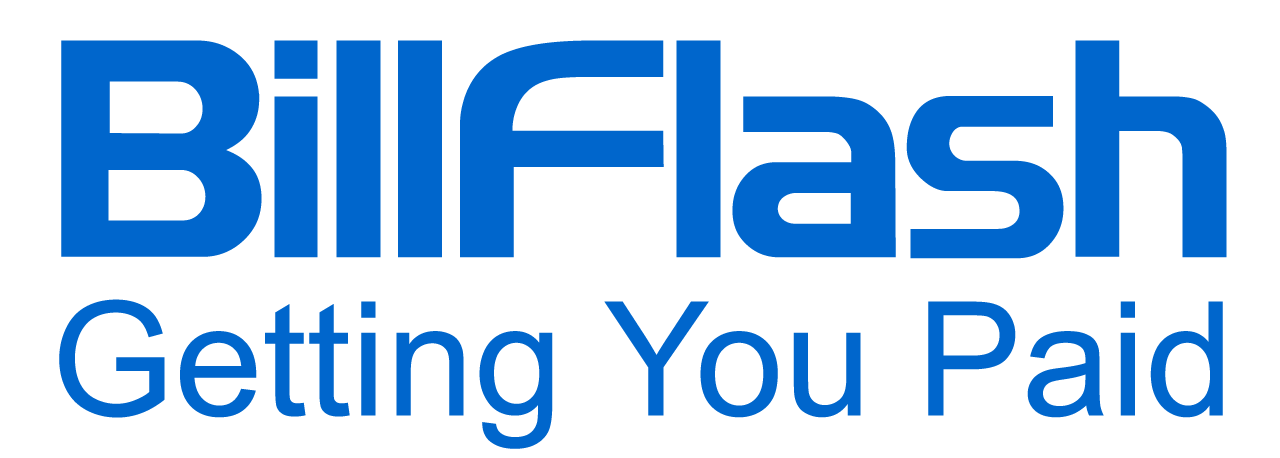A payment gateway is essential to businesses looking to process payments electronically. Read on as we discuss how it can help your practice.
Cash is quickly becoming a thing of the past. According to recent findings from Forbes, only 9% of Americans primarily use cash to make purchases. This shift has made payment gateways essential for businesses and organizations looking to accept payments securely and efficiently, including healthcare facilities. But what really is a payment gateway?
What is a Payment Gateway?
Payment gateways are essential to businesses looking to process payments electronically securely and efficiently. They act as the middleman between the payer's bank and the merchant, verifying transactions made through credit cards, debit cards, or other online payment methods.
The payment gateway is a critical part of the online payment process. It provides a secure pathway for the transmission of sensitive financial data. When someone makes purchases online or pays for a service, the payment gateway will safely capture and encrypt the information before sending it to the merchant's bank for processing.
After confirming there are funds available, the payment gateway will then send an approval message back to the merchant so that they can complete the transaction.
How Do Payment Gateways Work?

The technology powering a payment gateway might seem complicated, but it's a pretty straightforward process. The payment gateway is responsible for verifying payment information and authorizing the transaction. It also protects the payer's data through industry-leading security measures.
Here are the steps involved in a typical payment gateway transaction:
- Collecting Payment Information – Whenever someone needs to make a payment, they need to provide their payment details. This can include credit card numbers, expiration dates, and CVV codes. To keep this data secure and protected against fraud and identity theft, it is sent to the payment gateway where it is stored using the latest encryption technology.
- Verifying Payment Information – After the payment gateway receives the payer's personal information, it checks with the issuing bank to make sure that the funds are available and that the data provided is accurate.
- Transferring Payment Information – When the payment information is verified, the payment gateway will then encrypt it and forward it to the card scheme.
- Authorizing the Transaction – After the card scheme has completed its verification process, the payment gateway will forward all necessary data to the healthcare provider.
- Completing the Transaction – After the payment information has been verified and the healthcare provider has completed all their necessary steps, the payment gateway will securely transfer the relevant details to the issuing bank account. This process is usually quick; confirming payment shortly after completion.
Security Features of Payment Gateways

To protect patient data, payment gateways utilize several security features such as:
- Secure Sockets Layer (SSL) Encryption: This scrambles customer data to keep it protected from unauthorized individuals.
- Tokenization: This replaces sensitive data with a unique identifier to process payments.
- Fraud Detection Algorithms: These are used to identify and prevent fraudulent transactions.
Types of Payment Gateways
In the healthcare industry, payment gateways play a vital role in processing online payments. There are three types of payment gateways: hosted, self-hosted, and integrated.
Hosted Payment Gateways redirect patients to the payment gateway provider's website for payment processing and security. This is an easy setup for small healthcare practices.
Self-Hosted Payment Gateways give healthcare practices more control over payment processing and security. However, smaller practices without the necessary expertise may find this type of gateway challenging.
Integrated Payment Gateways offer a seamless payment experience for patients as they don't need to leave the healthcare practice's website. They are often more affordable than hosted payment gateways and offer more control over the payment process than self-hosted gateways.
Benefits of Payment Gateways
The implementation of payment gateways in healthcare practices has made transaction management a much simpler process. Not only does it offer convenience and speed for online payments, but also enhanced security for these payments. Payment gateways have decreased processing times, ensuring the on-time payment of healthcare services.
In addition, stringent security protocols protect patient data from potential threats. The flexibility of payment gateways enables them to accept several different payment methods – therefore satisfying patient preferences. The integration of payment gateways into healthcare practices has provided an efficient solution for effective transaction management.
Choosing the Right Payment Gateway

Choosing the right payment gateway for your medical practice is a critical decision. The level of security, compatibility with different payment types and currencies, and ease of use are all important factors to keep in mind when selecting a payment gateway. Also, features such as a user-friendly interface, fast transaction processing times, and the ability to customize payment options should be taken into account.
As the needs and requirements of medical practices may differ from other businesses, it is necessary to find the best payment gateway specifically designed for this purpose. One such top-tier solution is BillFlash Pay Services. BillFlash offers various convenient payment options including online, mobile, in-office, and over-the-phone transactions. The BillFlash Gateway-Only option is perfect for those that want to keep their existing merchant account but still take advantage of all BillFlash Pay Services features like AutoPay, PlanPay, StoredPay, and Card Account Updater.
When choosing the perfect payment gateway for your medical practice it is a must that you perform thorough research on all available options. This way, you can make sure you select one that meets all your needs in terms of reliability and security. Doing so will not only streamline your payment processes but also provide patients with an improved experience.
Key Takeaway
If you're looking for a payment gateway solution that offers reliable security, convenience, and flexibility for your medical practice, look no further than NexTrust's BillFlash. With BillFlash's suite of features including OfficePay, SelfPay, AutoPay, and more, you can rest assured that your patient payments are managed quickly and securely. Schedule a demo today if you are ready to make payment processing simple!

